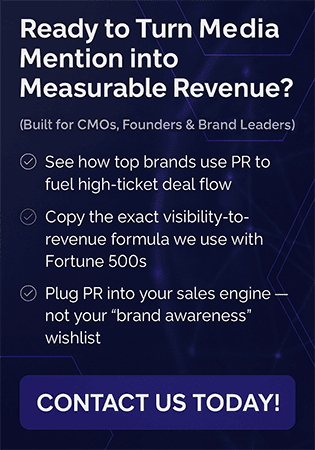This post is part one of a three part series on personal branding. This article serves to define “branding.”
What comes to mind when you hear the name “Coca-cola” or “Nike” or “Microsoft?” Most of the time these words conjure up a certain image in our minds, whether it be of a refreshing drink or our desktop computer. These are some of the most trusted and well constructed brand names in their respective industries. A company’s success depends on how well they construct their brand name. Before we explore why-lets deconstruct what a brand really is.

- It is familiar-We immediately recognize it! Even the Bushmen of Africa know what a coke bottle looks like. Familiarity breeds…no…not contempt…but preference.
- It is preferable-When we are given a choice, we go with the more famous brand. A couple of years ago Pepsi conducted a “Pepsi challenge” in many cities around the United States. They did a blind taste test and it was 51 for Pepsi and 44 for Coca-Cola. Then they let the participants try the drinks with the labels on. This time it was 65 Coca-Cola, 23 Pepsi. Behold, the power of a brand name.
- We perceive it to be of better quality– John Stossell, from 20-20, digs up the dirt on quality and brand names in his book Myths, Lies, and Downright Stupidity. His experiments all lead him to the conclusion that for the majority of the products brand name quality is the same as the generic brand. However, most people don’t realize this.
- It is dependable. We trust our brand names and have come to depend on them over time. Of course some brands, like Johnson & Johnson, have a long history and that is a definite plus. There is a trust factor involved. We like the idea of using the same brand that has worked for ‘generations.’ We come to depend on it.
- A brand has extendibility. We are willing to accept and buy new products from a company, as long as the new products fit the brand. Example-We will gladly buy a sports drink from Nike, but we won’t buy a telephone from Nike. A brand can only extend so far into their specific domain. Nike’s domain is sports and they can venture wide and far in that arena but the public will reject it if they go into creating office furniture for example.
Studies repeatedly show that people love and trust what they find familiar and dependable. All strong companies have a brand name-no surprise there. But what most people fail to understand is that they TOO have a brand name within a company. You are, in the most Machiavellian sense, a product. You have certain assets, certain weaknesses, and you must “sell” yourself on a daily basis. You sell yourself when you convince a client to buy from you, you sell yourself when you get Missy from accounting to go out on a date with you, and you sell yourself when you convince your parents that you cannot make it home during Christmas.
Part II will show how to recognize your own personal brand name.



